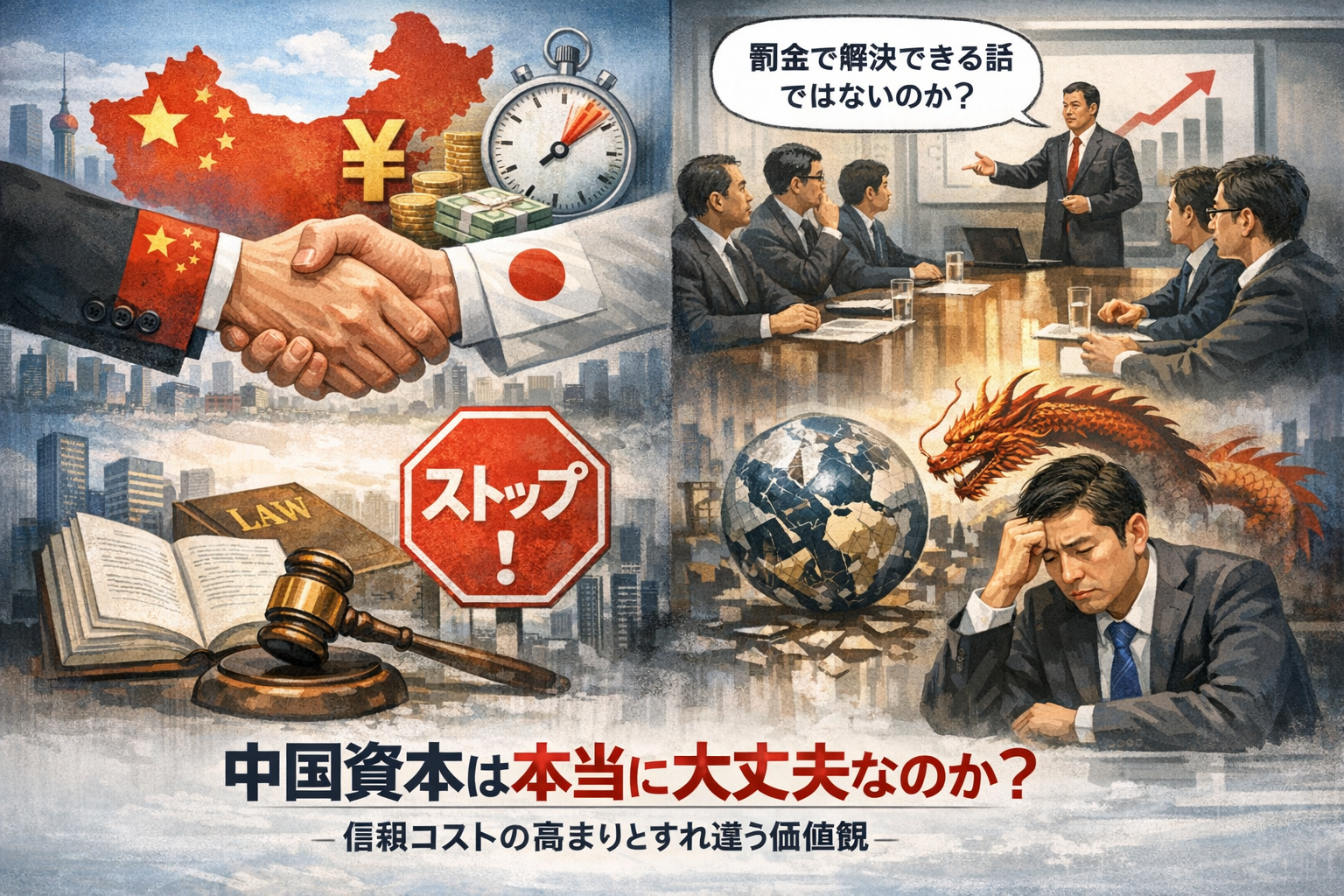※Translated with Notion AI. (Plus version)
It’s not just the recent “customer information leak at Mitsubishi FG” – we’re seeing frequent cases of information leaks from large, renowned companies in Japan.
This issue spans industries, from finance to telecommunications, trade, infrastructure, automobile manufacturing, and even government. But why is this happening?

Around two decades ago, I met an individual at a financial forum in Las Vegas.
He worked for a US-based financial investment company known for their groundbreaking measures against “information leakage.”
Their innovative approach caught the attention of major Western banks, which started to implement similar steps.
Multiple Western media outlets have lauded their method as the “future global standard.” Intrigued,
I decided to delve deeper into their practices.
The key takeaway was not that “no one can leak information,” but rather “if we implement measures to this extent, no one will even attempt to leak information.”
I believe this proactive stance should be embraced by not only Mitsubishi FG but all Japanese companies.
In essence, information leaks are caused by 1. External attacks, 2. Internal fraud, 3. Human error.
Compared to entities with top-tier security systems, it’s fair to say that most companies are implementing half-hearted measures to prevent information leaks.
If we thoroughly prepare for each potential cause, we can overcome this issue.
Let’s explore this in more detail.

NNN Lease (Triple Net Lease)







